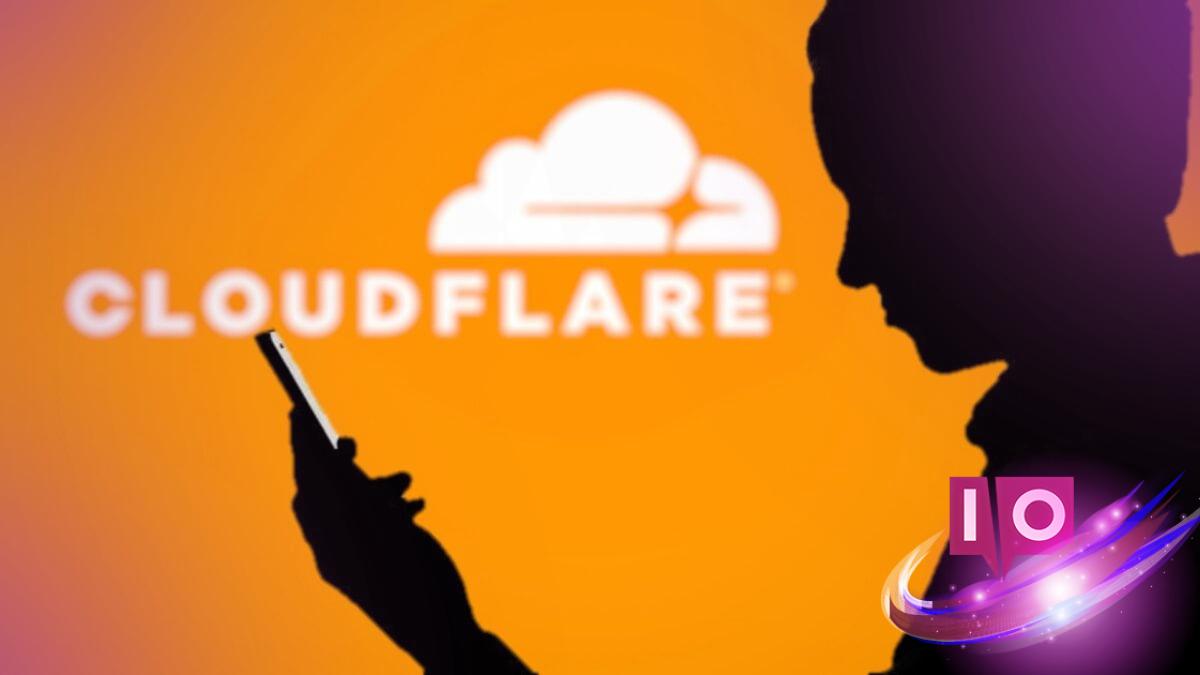The future of internet search is shifting before our eyes, and tech leaders like Cloudflare’s CEO, Matthew Prince, are sounding alarms about the implications for content creators and the democratization of information. As AI tools become more prevalent, understanding how they reshape our search experiences is crucial.
As an accomplished figure in the tech industry, Matthew Prince shares insights that reflect broader concerns within the digital landscape. His perspective on the changing dynamics of search engines serves as both a warning and a call to action for content creators and consumers alike.
1. The Shift from Search Engines to Answer Engines
Prince argues that traditional search engines are losing their dominance as AI technologies evolve. When you search online today, you often receive a summarized answer at the top rather than a list of potential links. This shift indicates that users are moving towards what Prince labels as “answer engines,” which may hinder site traffic vital for content creators such as journalists and researchers.
2. Three Potential Futures of Content Creation
As the landscape evolves, Prince outlines three possible futures for content creators. The first scenario, which he deems unlikely, posits a complete takeover of journalism and academic research by AI, leading to a “dead internet” scenario. This theory suggests that most online content may be generated and interacted with by bots, dramatically altering the creator landscape.
However, AI relies heavily on content authored by humans, thus this future seems improbable. The second scenario, described as “frighteningly likely,” paints a dystopian picture where a handful of AI companies dominate content creation. Just like the Medici family once patronized artists and thinkers in the past, Prince fears that content creators might become dependent on these corporations for their livelihoods.
3. The Ideological Siloing of Information
If Prince’s second scenario holds true, we could see AI companies shaping public discourse in ways that reflect their ideologies. This trend is directly contrary to the internet’s original goal of providing unfiltered access to information. Instead of a vibrant exchange of ideas, access may become stratified along ideological lines, limiting diverse viewpoints.
4. The Brighter Alternative for Content Creators
Fortunately, there is a third potential outcome that offers hope. Prince suggests that AI companies could evolve to license content from creators—similar to how Netflix operates—thereby promoting a thriving ecosystem where original content remains valuable. This could lead to a landscape where content creators are compensated fairly for their work despite AI’s rising influence.
To realize this better future, content creators need to establish boundaries against AI data scraping. Recent lawsuits from major news organizations highlight growing concern over profit declines from AI usage without compensation. Cloudflare’s initiative to allow websites to block AI crawlers without fee arrangements is a crucial first step in this battle.
5. Conclusion: The Future of Information is Ours to Shape
As Matthew Prince notes, the stakes are high in this evolving digital landscape. The choices made today will shape how information is curated and disseminated. Understanding these dynamics is essential as we move forward—where knowledge should remain accessible and varied. The future is not predetermined. It is up to us as creators and consumers to advocate for an equitable online ecosystem.
What are the consequences of AI on search engines?
AI’s rise is transforming search engines into answer engines that may filter diverse information, posing threats to the traditional models of content distribution and revenue.
What role will content creators play in AI’s future?
Content creators may find themselves working for large AI companies that control narrative flow and access to information, making their role both crucial and potentially limiting.
How is the internet changing due to AI advancements?
The internet is shifting towards ideologically driven content ecosystems, risking the silos of information that could undermine the free exchange of diverse perspectives.
What steps can publishers take to protect their content from AI scraping?
Publishers can implement technologies to block AI crawlers from scraping their content without compensation, ensuring their work remains valued and respected.
Why is a thriving information ecosystem important?
A vibrant information ecosystem is essential for maintaining democratic access to diverse ideas and perspectives, crucial for informed decision-making in society.
To continue exploring this vital topic and enhance your understanding of the digital landscape, consider visiting Moyens I/O.
